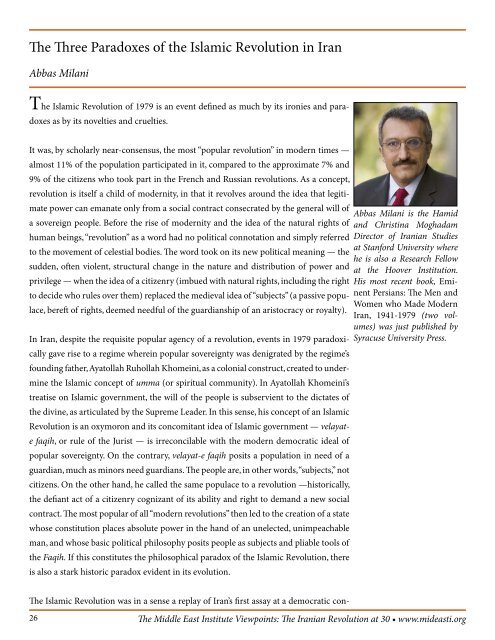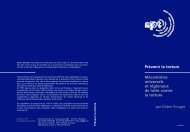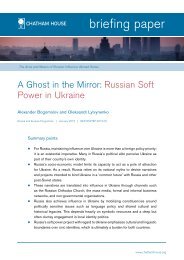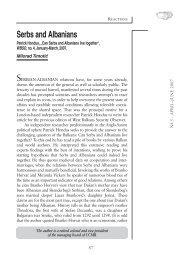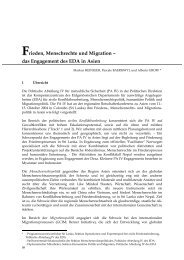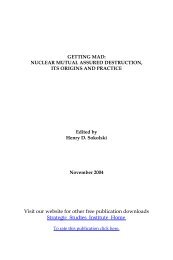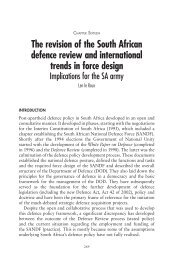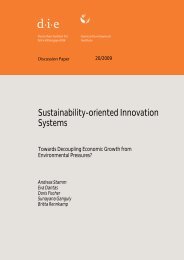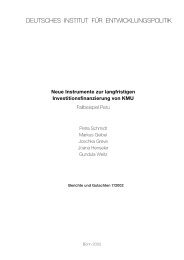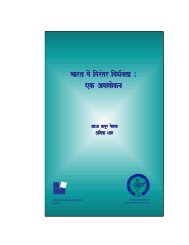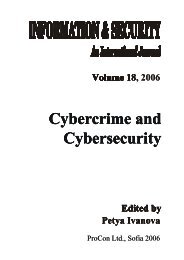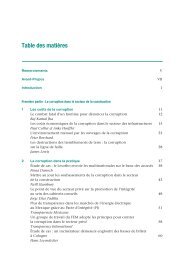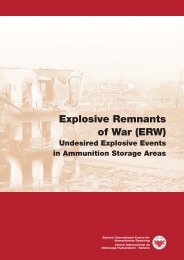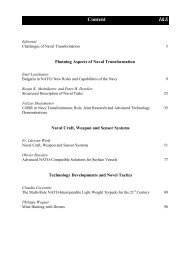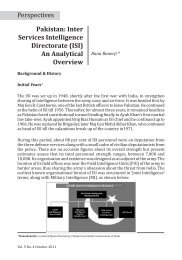The Iranian Revolution at 30
The Iranian Revolution at 30
The Iranian Revolution at 30
Create successful ePaper yourself
Turn your PDF publications into a flip-book with our unique Google optimized e-Paper software.
<strong>The</strong> Three Paradoxes of the Islamic <strong>Revolution</strong> in Iran<br />
Abbas Milani<br />
<strong>The</strong> Islamic <strong>Revolution</strong> of 1979 is an event defined as much by its ironies and paradoxes<br />
as by its novelties and cruelties.<br />
It was, by scholarly near-consensus, the most “popular revolution” in modern times —<br />
almost 11% of the popul<strong>at</strong>ion particip<strong>at</strong>ed in it, compared to the approxim<strong>at</strong>e 7% and<br />
9% of the citizens who took part in the French and Russian revolutions. As a concept,<br />
revolution is itself a child of modernity, in th<strong>at</strong> it revolves around the idea th<strong>at</strong> legiti-<br />
m<strong>at</strong>e power can eman<strong>at</strong>e only from a social contract consecr<strong>at</strong>ed by the general will of<br />
Abbas Milani is the Hamid<br />
a sovereign people. Before the rise of modernity and the idea of the n<strong>at</strong>ural rights of and Christina Moghadam<br />
human beings, “revolution” as a word had no political connot<strong>at</strong>ion and simply referred Director of <strong>Iranian</strong> Studies<br />
to the movement of celestial bodies. <strong>The</strong> word took on its new political meaning — the<br />
<strong>at</strong> Stanford University where<br />
he is also a Research Fellow<br />
sudden, often violent, structural change in the n<strong>at</strong>ure and distribution of power and <strong>at</strong> the Hoover Institution.<br />
privilege — when the idea of a citizenry (imbued with n<strong>at</strong>ural rights, including the right His most recent book, Emi-<br />
to decide who rules over them) replaced the medieval idea of “subjects” (a passive popunent Persians: <strong>The</strong> Men and<br />
Women who Made Modern<br />
lace, bereft of rights, deemed needful of the guardianship of an aristocracy or royalty).<br />
Iran, 1941-1979 (two volumes)<br />
was just published by<br />
In Iran, despite the requisite popular agency of a revolution, events in 1979 paradoxi- Syracuse University Press.<br />
cally gave rise to a regime wherein popular sovereignty was denigr<strong>at</strong>ed by the regime’s<br />
founding f<strong>at</strong>her, Ay<strong>at</strong>ollah Ruhollah Khomeini, as a colonial construct, cre<strong>at</strong>ed to undermine<br />
the Islamic concept of umma (or spiritual community). In Ay<strong>at</strong>ollah Khomeini’s<br />
tre<strong>at</strong>ise on Islamic government, the will of the people is subservient to the dict<strong>at</strong>es of<br />
the divine, as articul<strong>at</strong>ed by the Supreme Leader. In this sense, his concept of an Islamic<br />
<strong>Revolution</strong> is an oxymoron and its concomitant idea of Islamic government — velay<strong>at</strong>e<br />
faqih, or rule of the Jurist — is irreconcilable with the modern democr<strong>at</strong>ic ideal of<br />
popular sovereignty. On the contrary, velay<strong>at</strong>-e faqih posits a popul<strong>at</strong>ion in need of a<br />
guardian, much as minors need guardians. <strong>The</strong> people are, in other words, “subjects,” not<br />
citizens. On the other hand, he called the same populace to a revolution —historically,<br />
the defiant act of a citizenry cognizant of its ability and right to demand a new social<br />
contract. <strong>The</strong> most popular of all “modern revolutions” then led to the cre<strong>at</strong>ion of a st<strong>at</strong>e<br />
whose constitution places absolute power in the hand of an unelected, unimpeachable<br />
man, and whose basic political philosophy posits people as subjects and pliable tools of<br />
the Faqih. If this constitutes the philosophical paradox of the Islamic <strong>Revolution</strong>, there<br />
is also a stark historic paradox evident in its evolution.<br />
<strong>The</strong> Islamic <strong>Revolution</strong> was in a sense a replay of Iran’s first assay <strong>at</strong> a democr<strong>at</strong>ic con-<br />
26 <strong>The</strong> Middle East Institute Viewpoints: <strong>The</strong> <strong>Iranian</strong> <strong>Revolution</strong> <strong>at</strong> <strong>30</strong> • www.mideasti.org


